How constitutional is the 15th amendment?
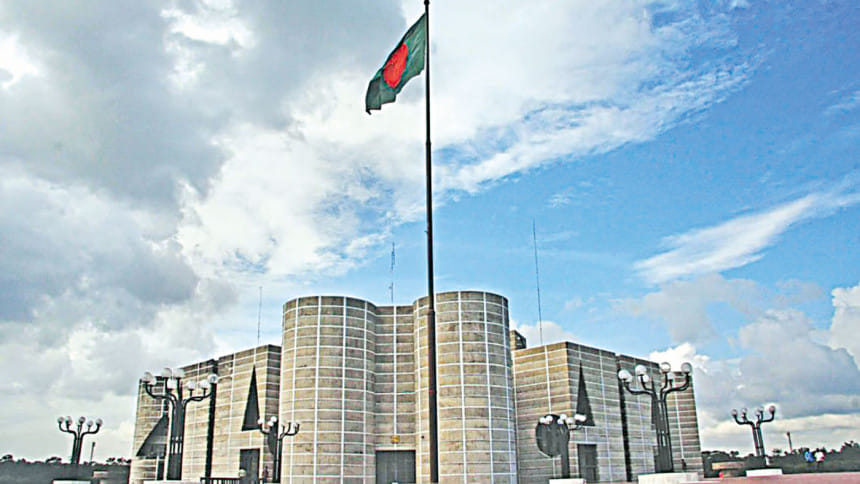
In 1996, the BNP-led government passed the 13th Amendment to the constitution, allowing the formation of the neutral caretaker government (NCG). The amendment represented a "political settlement" as the then Awami League-led coalition of parties demanded such a system, and BNP, after much resistance, accepted it. It not only allowed a peaceful transfer of power, but also provided equal opportunity to major political parties.
However, the unilateral passage of the 15th Amendment in 2011, in a "majoritarian" manner, by the Awami League-led alliance weaponised the constitution, destroying that political settlement. It started with the BNP-led government passing the 14th Amendment in 2004, which raised the retirement age limit for justices, ensuring that a particular former chief justice would become the chief adviser of the caretaker government before the ninth parliament elections. A further blow to the political settlement came in the form of a divided "short order" of the Appellate Division on May 10, 2011, authored by Chief Justice ABM Khairul Haque, which declared the 13th Amendment "prospectively" void after the 10th and 11th parliamentary elections, although two High Court benches had previously found the amendment constitutional.
It may be noted that Justice Khairul Haque, who was appointed chief justice superseding a senior, revived the appeal against the High Court judgment six years after it had been filed, and authored the short order only eight days before his retirement, with only 10 days of hearing and ignoring the pleas of the amicus curiae. The other three assenting justices were subsequently made chief justices, at least in one case superseding a senior, raising the concern of "some communication" between the chief justice and the government (The Law and Politics of Unconstitutional Constitutional Amendments in Asia, Chapter 11: "The Politics of Unconstitutional Amendments in Bangladesh" by Ridwanul Haque). Self-interest might have also played a role in Justice Haque's authoring the short order, as he would be the chief adviser if the 10th parliamentary election was held under the caretaker government system.
It may be recalled that on July 21, 2010, a 15-member special parliamentary committee was formed, 12 of whom were senior Awami League members, to amend the constitution. The committee unanimously recommended on March 29, 2011, after consulting 104 distinguished citizens – including a former president, the incumbent prime minister, three former chief justices, political leaders, editors and civil society members – to amend the constitution by retaining the neutral caretaker government system with a three-month tenure. Next day, the committee met with the prime minister, which led to a change in the committee's recommendation, and the suggestion to amend the constitution to abolish the system.
On May 31, 2011, the prime minister held a press conference where she said the court had abolished the caretaker government system with an observation that, for holding the next two elections under the system, the parliament's approval would be required (Prothom Alo, June 1, 2011), which was not true. Thus, the 15th Amendment was passed not only defying the unanimous recommendation of the 15-member parliamentary committee, but also through a serious misrepresentation of the Appellate Division's short order and before the full judgment was published 14 months later. It was a decision serving self-interests, which led to the next elections being held under a political government headed by the same prime minister. As researcher Adiba Aziz Khan observed, "Despite dissent from the opposition, civil society and voters, the AL-led supermajority Parliament disregarded the direction given by the Court that the NCG should remain in place for two more national elections" ("The Politics of Constitutional Amendment," International Review of Law, 2015).
Experts have been raising questions on the constitutionality of the 15th Amendment. The constitution represents the will of Bangladesh people, and it should not be amended without their consent. Although our 1972 constitution did not have it, the Fifth Amendment incorporated the referendum provision in the constitution. The 12th Amendment, which was passed in 1991, based on a compromise between the Awami League and BNP and affirmed by a referendum, amended the referendum provision by limiting it to the amendment of the preamble and a few other articles. Although an Appellate Division judgment found the Fifth Amendment unconstitutional, the referendum provision remained as it was included in the 12th Amendment. Thus, it is clear that the 15th Amendment was neither legitimate nor constitutional, as no referendum was held before its passage.
No serious deliberations took place on the 15th Amendment before its passage either. Even though the BNP was asked to propose a name for the special parliamentary committee, it refused to do so, and it was also absent during the amendment's passage. Thus, the 15th Amendment did not have the support of the major opposition.
In addition, the 15th Amendment made about a third of the constitution unamendable by designating them as "basic provisions," equating them with the "basic structure," which cannot be amended. This clearly violated the constitutional doctrine of basic structure. The constitutional expert, Mahmudul Islam, said, "No parliament can bind the successor parliament" (Constitutional Law of Bangladesh, 3rd Edition, Pg 31), which also makes the 15th Amendment unconstitutional.
The Appellate Division's judgment is also unconstitutional. As Mahmudul Islam argued, "Providing the rider clause giving life to the discredited (NCG) system for the next two parliamentary elections, the Appellate Division made judicial legislation interfering with the functions of Parliament assigned by the Constitution and thereby dented the well-established jurisprudence and acted contrary to the rule of law and separation of powers." The Appellate Division also intruded into political matters, which is a clear violation of "political question" – a doctrine respected by our court in the past. In addition, Justice Khairul Haque materially changed his final judgment by adding the condition of parliamentary approval for holding the 10th and 11th parliamentary elections under the caretaker government system, which amounts to "fraud on the court" and the violation of the professional code of conduct.
To conclude, abolition of the caretaker government system led to two failed elections in 2014 and 2018. Another failed election will have serious long-term consequences for us as a nation. Without a new political settlement, a credible 12th parliamentary election is likely to be a far cry, which can get us into an uncharted territory.
Dr Badiul Alam Majumdar is secretary of SHUJAN: Citizens for Good Governance.

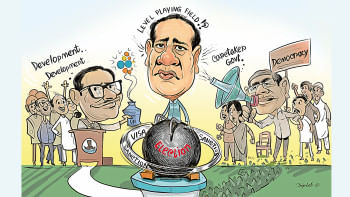
 For all latest news, follow The Daily Star's Google News channel.
For all latest news, follow The Daily Star's Google News channel. 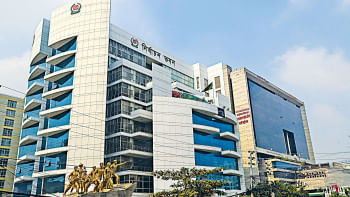
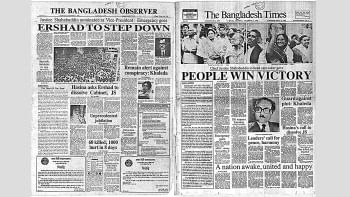
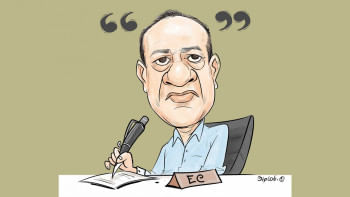
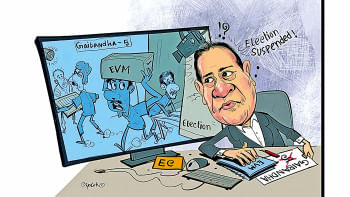





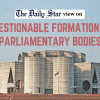




Comments